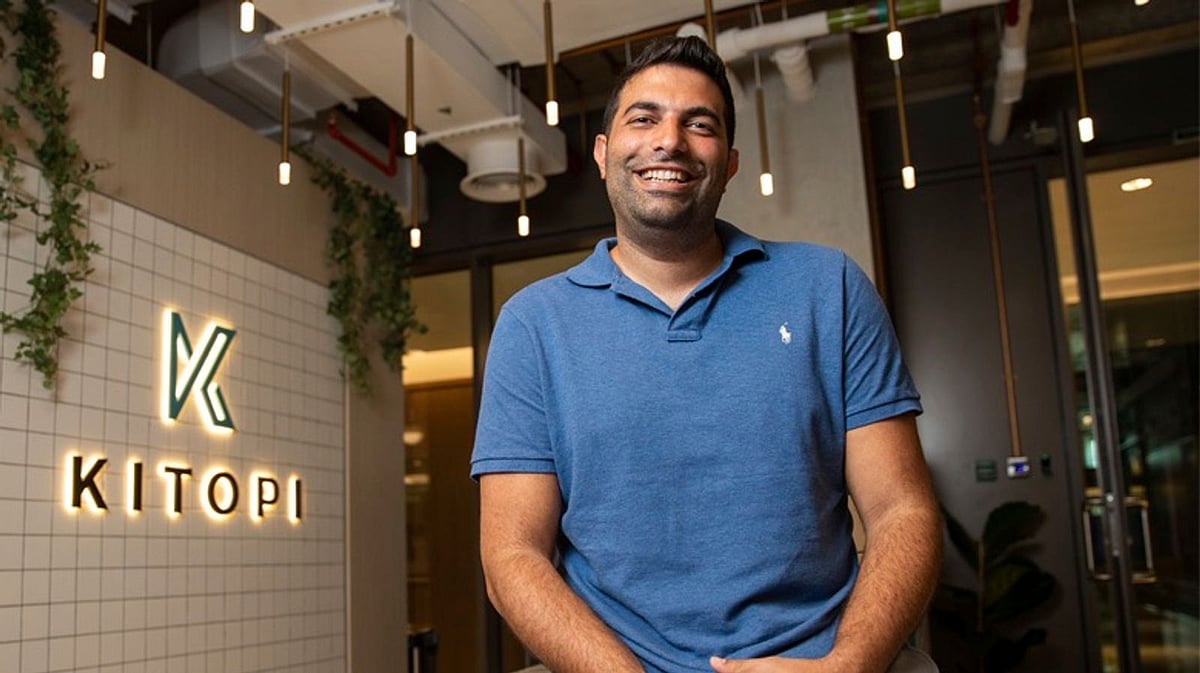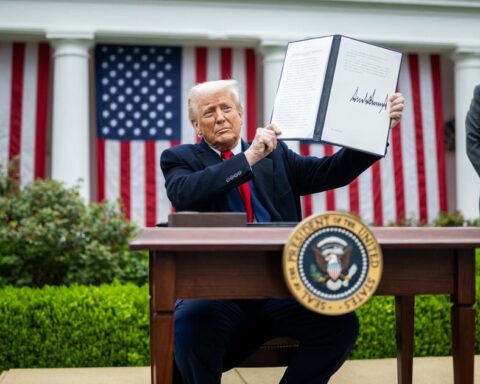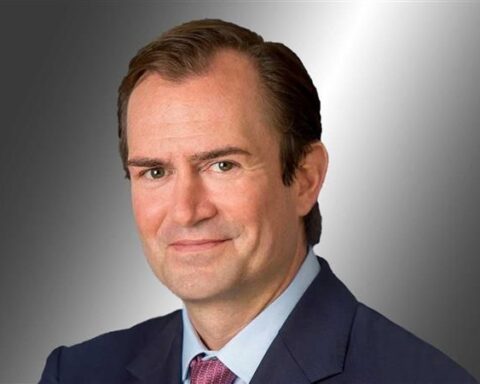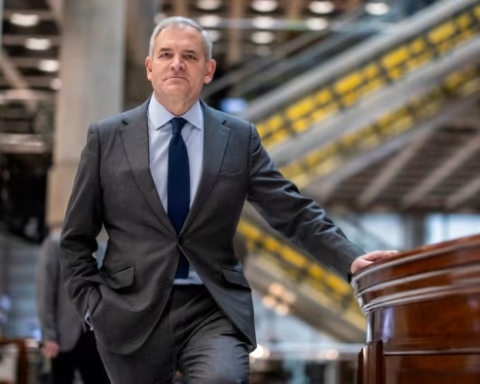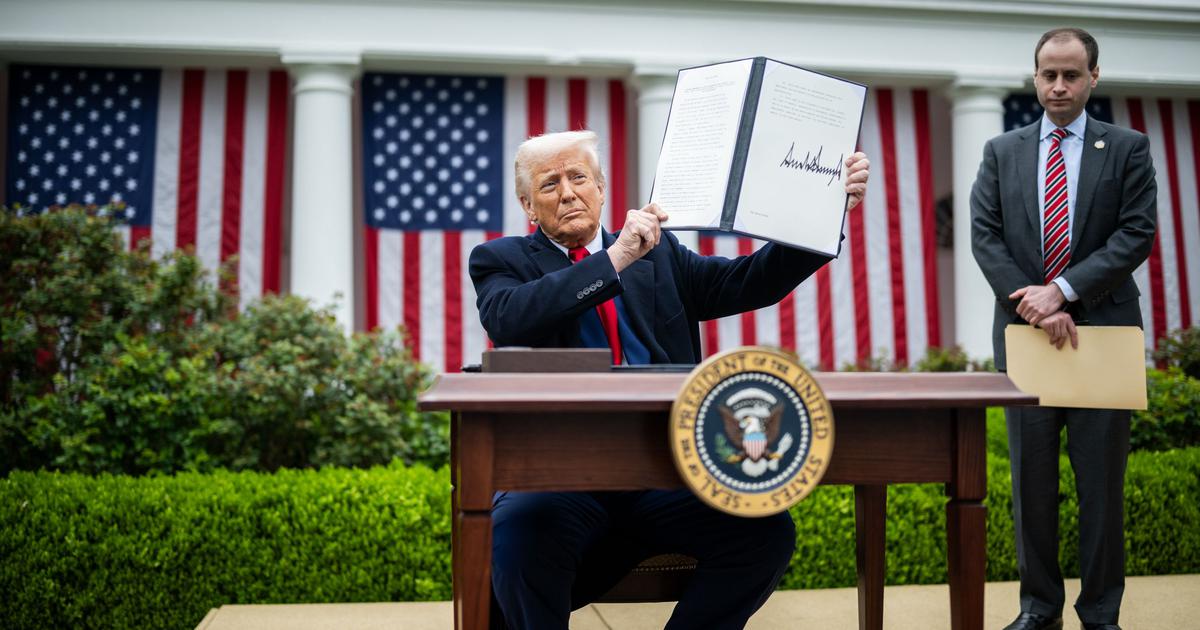Visionary Entrepreneurs Call for Regional Collaboration to Build a Stronger, More Investable MENA Economy
Dubai—For the Arab world to compete on the global stage and foster the emergence of $10-billion companies, regional unity is essential, says Mohamed Ballout, CEO of Kitopi. Speaking at the World Governments Summit, Ballout emphasized that the fragmented nature of the region is one of the key barriers to attracting large-scale investments.
“We lack the ability to build a lot of $10-billion companies because we don’t operate as one single Arab world,” Ballout stated, recalling a conversation with one of the world’s leading investors. The investor questioned why they should consider the MENA region when its track record of producing massive business successes lags behind economies like China and India. Ballout agreed, citing that the GCC, despite having a combined GDP of $2 trillion, still falls behind India’s $4 trillion economy. Without oil revenues, he added, the GDP would amount to only a few hundred million.
A Call for Regional Integration
Ballout believes the solution lies in deeper economic and business collaboration across Arab nations. “While very difficult to achieve, this is probably one of the most important steps forward,” he said. By fostering a seamless investment landscape across borders, the region could unlock vast potential for entrepreneurs and corporations alike.
Beyond unity, Ballout stressed the need to invest in technology and science from an early stage. “This will help create tools that have the potential to scale globally,” he explained. Another crucial factor, he added, is cultivating a culture where Arab entrepreneurs can dream big without bureaucratic and structural limitations.
“In many parts of the Arab world, aspiring business leaders face countless obstacles just to dream big,” Ballout noted. For those who struggle to thrive in their home countries, he suggested relocating to the UAE as a launchpad to take their ventures global.
Capital Scarcity: A Persistent Challenge
One of the most pressing challenges young businesses in the Arab world face is access to capital, according to Mahmoud Adi, co-founder of Abu Dhabi-based Shorooq. Despite increasing global interest in the region—particularly in the UAE and Saudi Arabia—Adi noted that the majority of investment comes from outside, creating a capital scarcity for local startups.
“There is no shortage of capital in this market,” Adi emphasized. However, he pointed out that more needs to be done to reallocate investment funds within the region itself. “If you look at the demographics, consumption, and economies, we are one of the best places globally to invest in,” he said, highlighting the region’s emerging market status, real growth potential, sound economies, and USD-backed currencies.
Still, Adi acknowledged that overcoming these barriers requires proactive efforts. “None of these challenges will solve themselves,” he warned. “We need to continue believing in ourselves and keep moving forward.”
The Road Ahead
As the Arab world navigates the complexities of economic growth and investment attraction, the key lies in collaboration, innovation, and capital allocation. By working together as a unified economic bloc, investing in cutting-edge technology, and creating an environment where entrepreneurs can flourish, the region has the potential to reshape its future and become a global powerhouse for investment and business growth.


